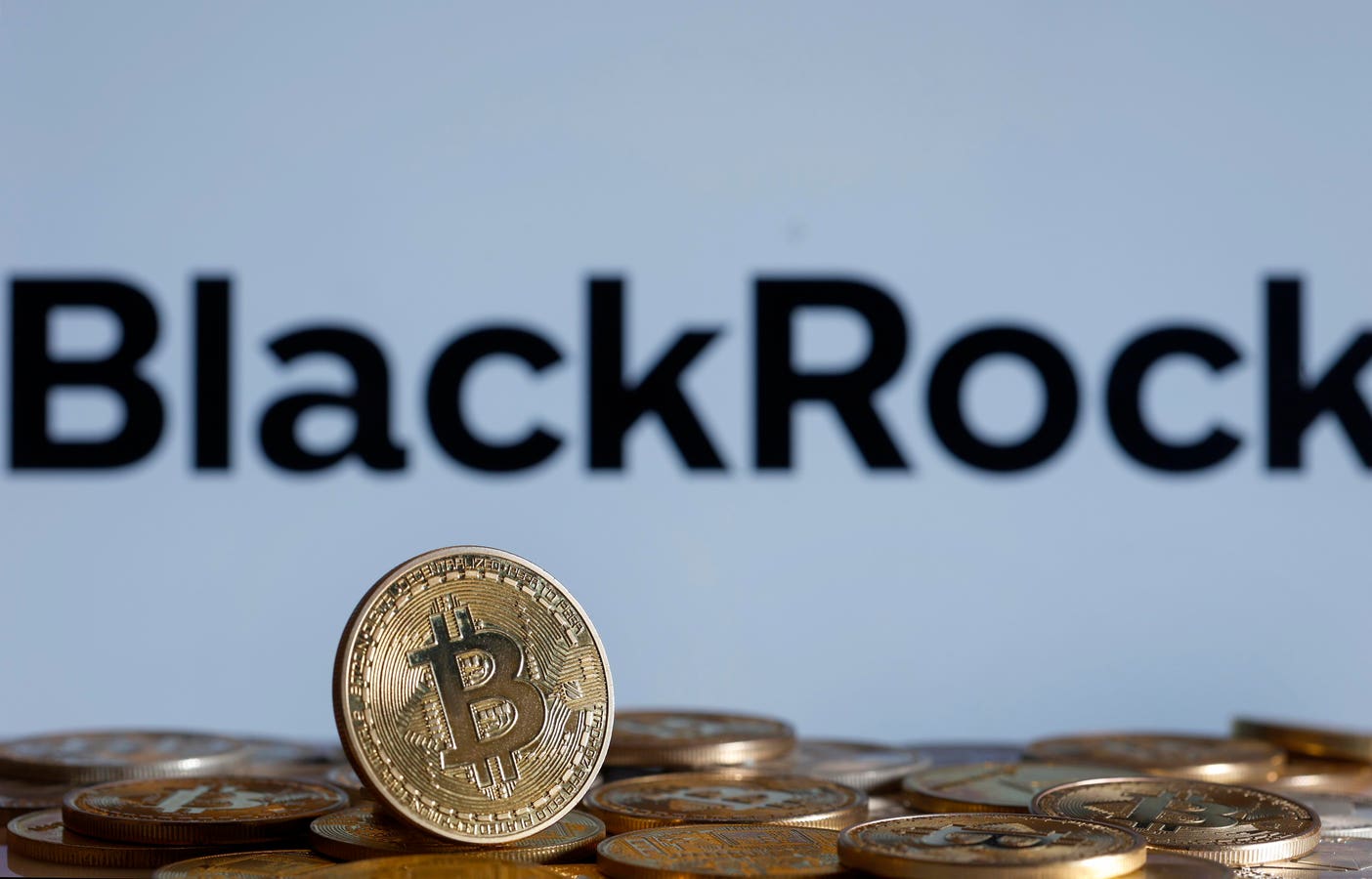The Future of Asset Tokenization: A $19 Trillion Opportunity
The financial world is on the brink of a new era, one that blends the traditional finance sector with the burgeoning crypto industry. This fusion is made possible through asset tokenization, a process that converts real-world assets into digital tokens. One of the most significant players in this space is the BlackRock-powered, crypto-based tokenization of assets. According to recent forecasts, this market is poised for exponential growth.
Current State of the Market
Currently, the crypto-based asset tokenization market stands at approximately $600 billion. However, this figure is expected to surge, reaching a staggering $19 trillion by 2033. This growth can be attributed to several factors, including:
- Increased Efficiency: Traditional asset trading can be time-consuming and costly. Tokenization streamlines the process, making it more accessible and affordable for a wider audience.
- Greater Liquidity: Digital tokens can be traded 24/7, making markets more liquid and enabling investors to buy and sell assets at any time.
- Enhanced Security: Blockchain technology, which underpins cryptocurrencies and tokenization, offers enhanced security through its decentralized and immutable nature.
Impact on Individuals
For individuals, the rise of crypto-based asset tokenization presents several opportunities:
- Diversification: Tokenization allows investors to access a wider range of assets, including those that were previously illiquid or inaccessible.
- Greater Flexibility: Digital tokens can be easily transferred and traded, making it simpler for individuals to manage their investments.
- Increased Accessibility: Tokenization can make investing more accessible to a larger audience, including those who may not have had the resources to invest in traditional assets.
Impact on the World
The implications of crypto-based asset tokenization on the world are far-reaching:
- Global Financial Inclusion: By making investing more accessible, tokenization has the potential to bring financial inclusion to billions of people around the world.
- Economic Growth: The increased efficiency and liquidity offered by tokenization can lead to economic growth, as more capital flows freely through markets.
- Regulatory Challenges: The rapid growth of tokenization presents regulatory challenges, as governments and financial institutions grapple with how to oversee this new asset class.
Conclusion
In conclusion, the BlackRock-powered, crypto-based tokenization of assets represents a massive opportunity, with the market forecast to grow from $600 billion to $19 trillion by 2033. This growth will bring increased efficiency, liquidity, and security to the financial sector, while also presenting opportunities for individuals and challenges for the world. As we move forward, it is essential that we navigate this new landscape with care and consideration, ensuring that the benefits of tokenization are accessible to all.
As a curious and professionally-educated individual, I am excited about the potential of crypto-based asset tokenization. Its ability to streamline traditional finance, increase accessibility, and drive economic growth is truly groundbreaking. However, it is crucial that we approach this new industry with caution and a commitment to ethical and sustainable practices.
As the world continues to embrace the digital age, it is essential that we remain informed and adaptable. The rise of crypto-based asset tokenization is just one example of the many ways in which technology is transforming our lives. By staying informed and engaged, we can ensure that we are prepared for the opportunities and challenges that lie ahead.





